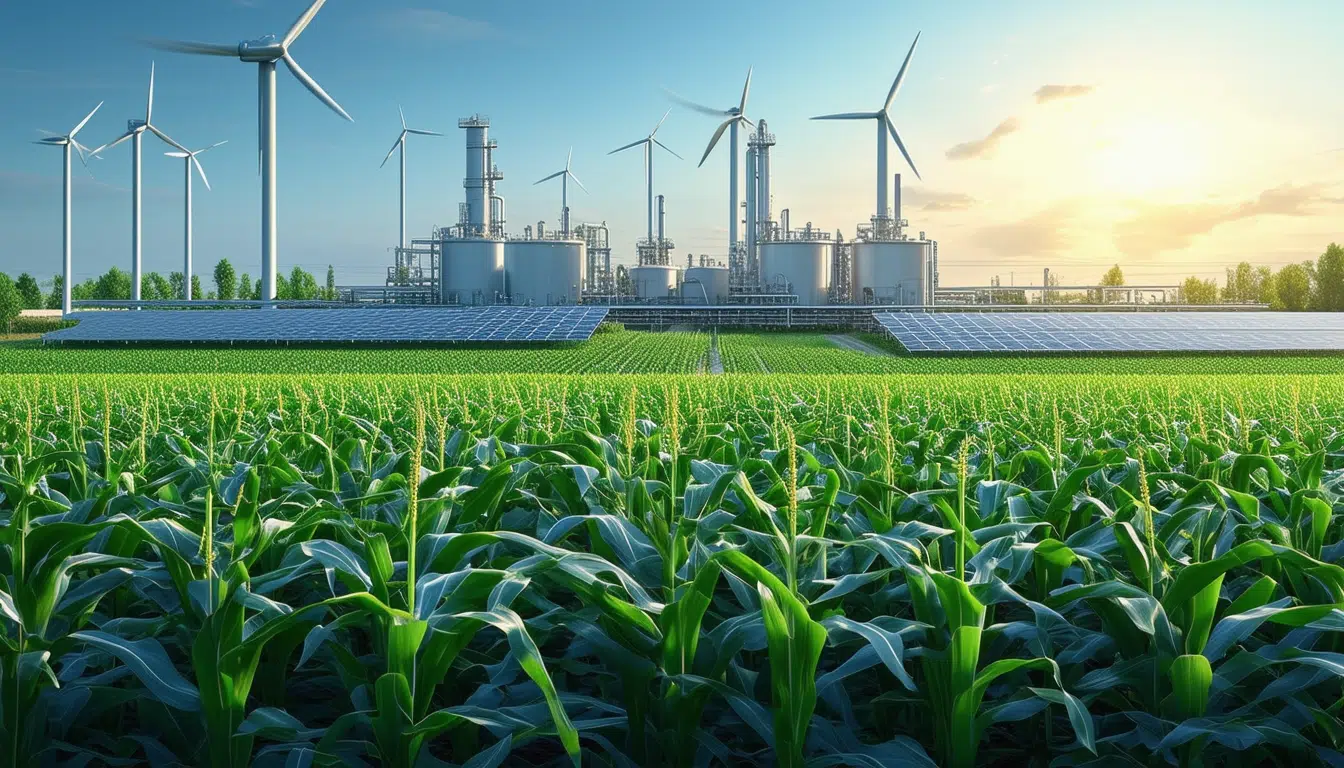Tendencies in biofuels and their potential for fuel savings

In recent years, trends in biofuels have taken a leading role in the energy sector, given their potential for fuel savings and their contribution to a more sustainable future. With the increase in demand for cleaner and more efficient energy alternatives, the use of biofuels such as biodiesel and bioethanol presents a viable solution that not only promotes economic development, especially in rural areas, but also helps to reduce dependence on fossil fuels. These alternatives are designed to optimize energy efficiency and reduce consumption, representing a key opportunity in the transition to a more responsible and sustainable energy model.
The current world faces significant challenges related to energy and the environment. In this context, biofuels emerge as a viable solution, offering not only a renewable alternative to fossil fuels but also great potential for fuel cost savings. This article will analyze current trends in biofuel production and how they can contribute to more sustainable and efficient mobility.
Growth in Demand for Biofuels
The trend towards the use of green fuels has been increasing worldwide. According to recent projections, the demand for biofuels is expected to grow by 27% by the year 2030. Among the most used biofuels, biodiesel stands out as the most demanded, followed by bioethanol. This trend responds to the need to reduce greenhouse gas emissions and promote renewable energies within a framework of sustainable economic development.
Economic Benefits and Job Creation
The production of biofuels not only reduces environmental impact but also generates significant economic development. In particular, the agricultural sector benefits from job creation in rural areas dedicated to producing raw materials for biofuels such as palm oil and sugarcane. This not only helps stabilize the local economy but also supports farmers in their daily activities.
Sustainability and Technology
Technology plays a fundamental role in the development of biofuels. The evolution of production methods, such as the HEFA process for biodiesel and the generation of biogas from waste, allows for maximizing the efficiency and sustainability of these fuels. For example, the use of advanced biomass and agro-industrial waste is transforming the way biofuels are produced and used, making them increasingly accessible and efficient.
Fuel Alternatives for Energy Savings
The implementation of strategies to reduce fuel consumption in various sectors is essential for the future. Companies and transport entities are exploring fuel alternatives as solutions to optimize the use of energy resources. Among these strategies, the use of biofuels in public transport stands out for its ability to decrease operating costs and improve urban air quality.
Tips for Efficient Fuel Use
To maximize the potential for fuel savings, it is crucial to follow certain recommendations on the efficient use of resources. Training in efficient driving practices and promoting technologies that help with consumption reduction are vital. These practices benefit not only transport operators but also the environment as a whole.
The Role of Renewable Energies
Renewable energies have a significant impact on reducing fuel costs. Initiatives such as the use of biodiesel in aircraft are designed to decrease the ecological footprint of the air transport industry, while also contributing to more sustainable transport. Developing a biofuel-centered approach can drive a radical change in the way we consume energy in the future.
In conclusion, trends in biofuels are paving the way for a more sustainable and efficient energy system. With the growing demand, technological development, and commitment to sustainability, biofuels have the potential to offer significant cost savings and economic benefits while reducing carbon footprints globally.
In recent years, the biofuel industry has shown remarkable growth, driven by the search for sustainable alternatives to fossil fuels. This trend translates not only into an increase in biofuel production but also into a rise in demand. Projections indicate that by 2030, the demand for biofuels, especially biodiesel, will grow significantly, indicating a shift in how energy needs will be met.
One of the most notable aspects of this evolution is the ability of biofuels to generate employment in rural areas. Biofuel production can become a development engine that not only helps mitigate unemployment but also supports local economic growth. By leveraging biodiesel and other biofuels, agriculture can be revitalized and waste utilization encouraged, contributing to the circular economy.
Moreover, the use of biofuels represents a step toward the decarbonization of the transport sector, which is one of the main contributors to greenhouse gas emissions. Alternatives such as biogas and biodiesel not only reduce fuel expenditures but also minimize the ecological footprint of the industry. This translates into an environmental mobilization that aligns with global sustainability objectives.
In summary, biofuels offer vast potential not only for fuel savings but also for creating economic opportunities and seeking a cleaner, more efficient energy future. The transition toward these renewable energy sources is a strengthening path, favoring economic development and sustainability in a constantly changing world.






